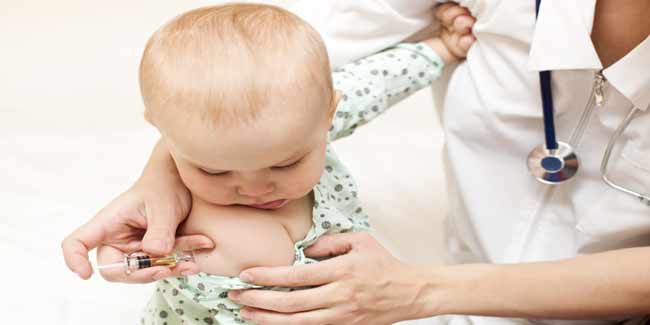
On an average, 40,297 Indians die of Malaria every year. This is a preventable and treatable mosquito-borne disease, whose main victims are children under five years of age. A Lancet study published in 2011 estimated 4,800 malaria deaths in children younger than 5 years and 42,000 malaria deaths in those aged 5 years or older for 2010. A new intervention comes with world’s first anti-malaria vaccine that may be approved for use within two years, after encouraging results from a large-scale trial of a vaccine candidate. Drug maker Glaxo Smith Kline (GSK) is seeking regulatory approval for the vaccine after trial data showed that it had cut the number of cases in African children.
A new intervention comes with world’s first anti-malaria vaccine that may be approved for use within two years, after encouraging results from a large-scale trial of a vaccine candidate. Drug maker Glaxo Smith Kline (GSK) is seeking regulatory approval for the vaccine after trial data showed that it had cut the number of cases in African children.
Results from a large-scale Phase III trial, presented in Durban, show that the most clinically advanced malaria vaccine candidate, RTS,S, continued to protect young children and infants from clinical malaria up to 18 months after vaccination.
"Based on these data, GSK now intends to submit a regulatory application to the European Medicines Agency (EMA)," GSK said in a statement. The World Health Organisation (WHO) has indicated that a policy recommendation for the RTS,S malaria vaccine candidate is possible as early as 2015 if it is granted a positive scientific opinion by EMA, it said.
RTS,S has cut the number of malaria cases in young children (aged 5-17 months at first vaccination)by half and is estimated to reduce by around a quarter the malaria cases in infants (aged 6-12 weeks at first vaccination).
If the EMA gives a positive opinion, and the public health information is satisfactory, including safety and efficacy data from the Phase III programme, the WHO has indicated that a policy recommendation for the RTS,S malaria vaccine candidate is possible as early as 2015, GSK said in a statement.
Read more Health News.
How we keep this article up to date:
We work with experts and keep a close eye on the latest in health and wellness. Whenever there is a new research or helpful information, we update our articles with accurate and useful advice.
Current Version